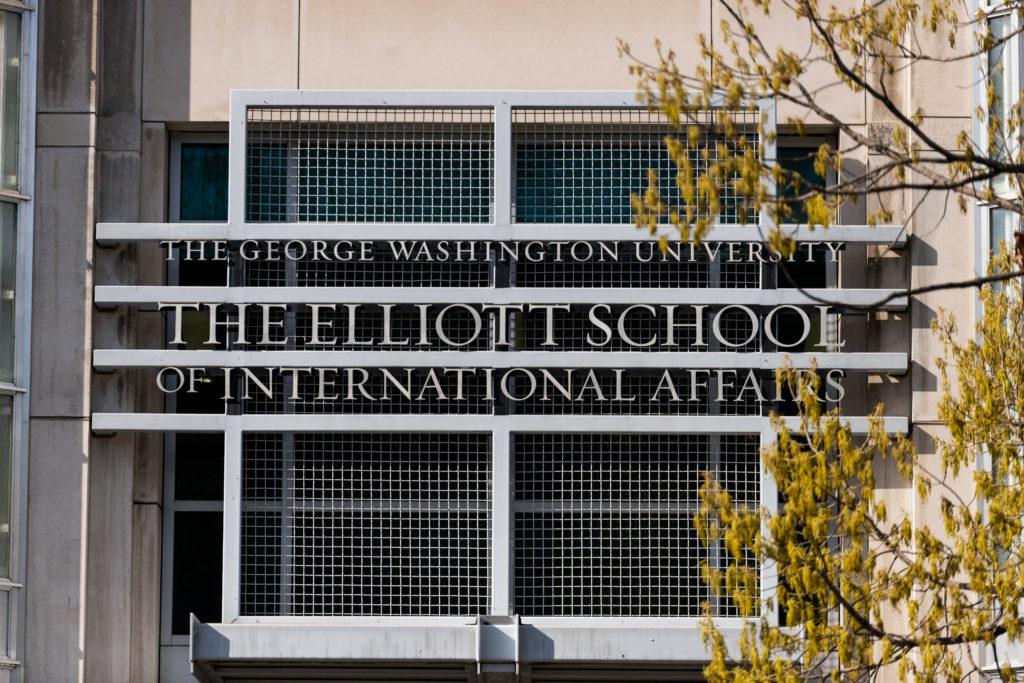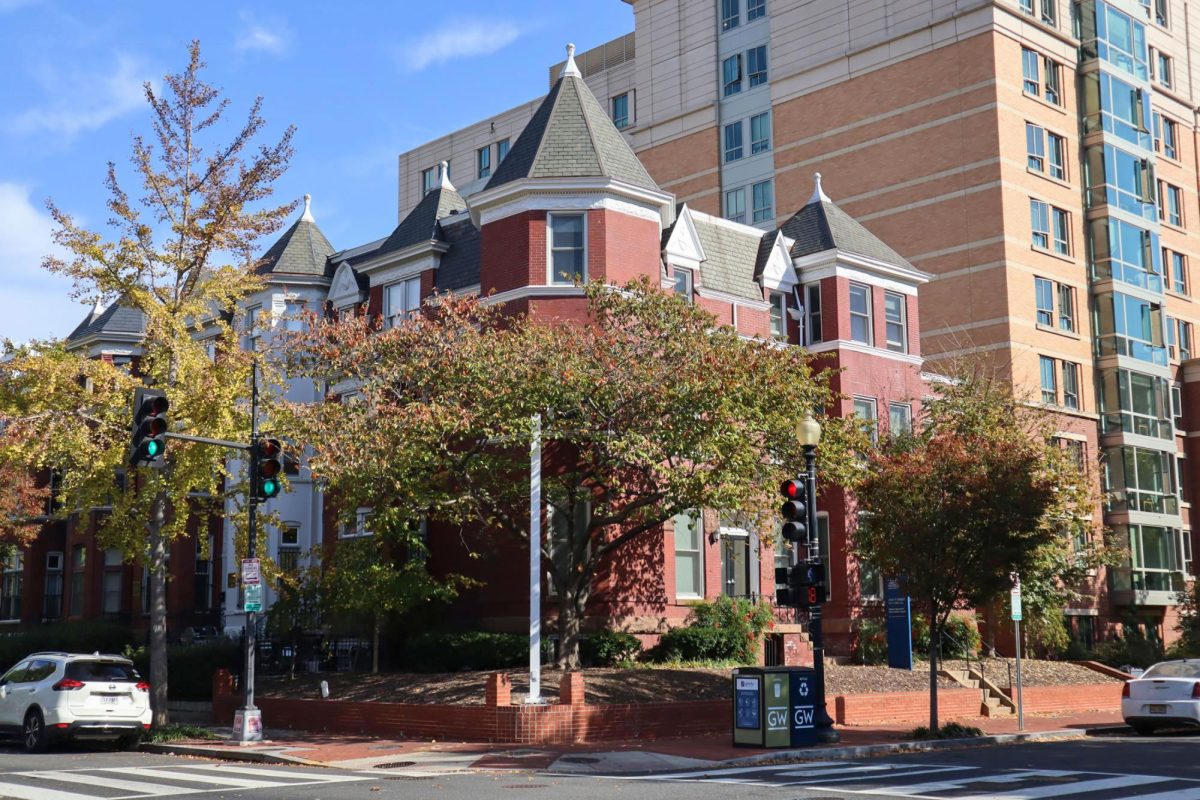Elliott School of International Affairs graduate students found that police forces are not the best medium to carry out prevention and response programs that combat violent extremism.
Jennifer DeNardis, Christopher Estep, AnnaBeth Lawless and Jesse Ramsdell conducted an analysis of local programs that counter violent extremism as part of a capstone course research project, according to a University release Friday. DeNardis said in the release that de-radicalization programs with mentoring and counseling components tended to be more effective in combating White nationalism, radical Islam and other forms of violent extremism than law enforcement intervention.
“Programs administered by police and security services often undergo local criticism for racially or ethnically motivated profiling and often lack the capabilities or capacity to provide necessary mental or psychological assistance for victims of radicalization,” DeNardis said.
The research team developed policy recommendations for the U.S. Department of Homeland Security on how to form local de-radicalization services based on their analysis of anti-extremism programs in Boston, Chicago, Denver and Minneapolis, according to the release.
“Different actors play a role in local programming landscapes, from federal agencies and municipal governments to local police departments and philanthropic or activist organizations,” Estep said. “However, local governments should take the lead in developing their own programming as they are best suited to understand and respond to the needs of the local community.”
The group said in the release that they found an implicit “disconnect” between police and local communities, which bears implications for countermeasures against both domestic terrorism and police brutality.
Rollie Lal, an associate professor of international affairs who led the students’ capstone course, said White nationalism and other extremist ideologies “directly relate” to police brutality, the release states.
“Cities in the study have clearly identified that White nationalism is a problem and have funded programs to combat it,” Lal said. “That means it is a factor in the police forces as well, as police forces are drawn from society.”








